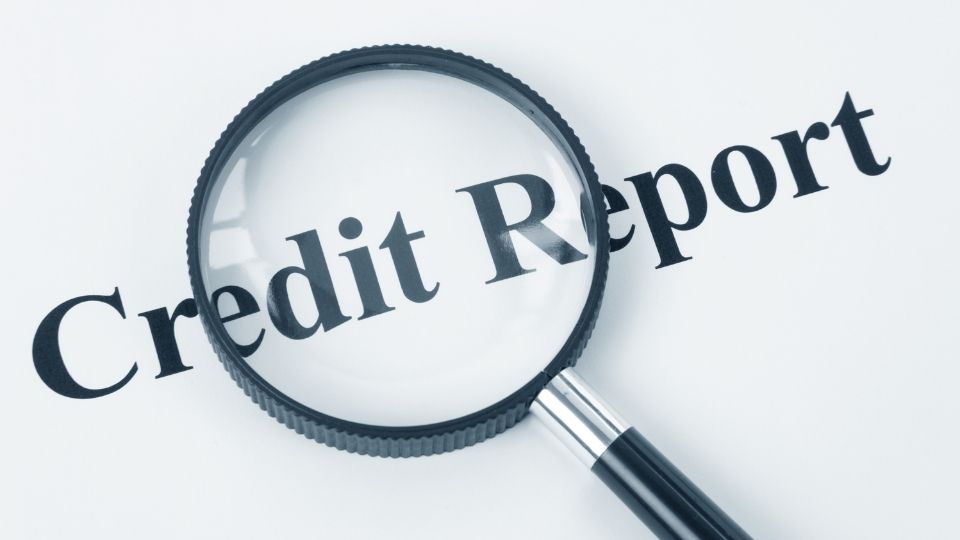We share with you this very important educational content, but should you wish to speak to a personal counselor to help you on each one of the steps, to please call us at 1.800.296.4950 or please fill out the following form: www.PremierConsumer.org/free. Our educational services are provided to all US consumers, regardless of ability to pay.
Who remembers the following phrase?: It was the best of times; it was the worst of times. What would Charles Dickens have made of these post-2008 Banking Crisis times? With banks only as stable as the governments that support them, bricks and mortar no longer “safe as houses” and bankruptcies, both personal and public, erupting like a rash across the commercial world, this is one of the shakiest financial climates in recent history. Therefore it is imperative, now more than ever, to ensure that your credit rating is up to par.
Credit scoring
Lenders decide whether or not to give out loans based on a score. They obtain information about applicants from a variety of different sources, for example, the application form, their own records and from credit reference agencies. Not all lenders score the same way as they use different criteria but they do use the same information. Therefore a credit rating is misnomer, as everyone has a different credit rating depending on who scores them. There is no such thing as credit blacklist either – you can be rejected by one bank for a loan but be accepted at another.
Credit Agencies
Although there are many, there are three main agencies – Transunion, Experian and Equifax. They compile information drawn from the electoral roll, county court judgments and general shared financial data. This information is then sold to lenders, compiled in credit report format. However the agencies have no power to give you credit. That ability lies with the lenders.
Check Your Score
All main three credit reporting agencies set a specific credit score, based on internal formulas, but then all lenders rate you credit according to their own unique criteria. You can contact a credit agency with your personal details, addresses over the last six years and ask to see the information they have on you. This is what lenders will review when they buy credit reports from agencies. By Federal law a consumer has the right to a free annual credit report from each agency.
Read also Why Do Credit Bureaus Report Different FICO Scores?
Check Your Score Often
You should check your file every 12 to 18 months to make sure that there are no incorrectly processed errors. Checking your credit information also ensures that you can keep an eye out for fraudulent credit applications made under your name, as these can negatively impact on your credit worthiness.
Changing Information
If you find something on your file that is erroneous, contact the agency and ask them to make the correction. You may also need to contact the original creditor to let them know that incorrect information was supplied. Companies that supply incorrect information about you have to contact the agencies they deal with within 28 days. If the issue isn’t resolved to your satisfaction you can append a 200 word “notice of correction” to your file so that lenders get both sides of the story. If you notice any potential fraudulent activity you should also contact the credit reporting agencies to add a fraud alert, so any other creditor can be aware of it.
Agencies Know-how
Credit agencies are not the all-seeing entities that many think them to be. They hold financial information such as mortgages, credit card debts, overdrafts and court judgments. They also know about your spending and payment patterns, whether or not you pay off your credit cards in full at month end, if you’ve ever missed a payment or been late on your dues. Consumer credit applications, known as inquiries, are also noted on your file and they stay on record for two years. Agencies have no access to your medical history, parking fines, savings and investments, criminal history, race, sexuality or politics.
Inquiries
If you apply for credit too often in a short space of time, your rating can fall. If in doubt about approval, don’t apply as a refusal will also negatively impact on your rating. Constant changes in your home address may also reduce your score because lenders like stability. Lenders also prefer the employed over the self-employed, so apply for credit before you move house or switch jobs. If you’ve missed minimum repayments on existing debt, this will significantly affect your rating. Having too much credit can also count against you – extra unused credit cards should be cancelled, especially department store credit cards.
Improve Scores
Review your files and check for mistakes. Make sure that your current debts are listed, addresses are correctly recoded and you haven’t been noted as missing payments on paper when you haven’t in reality. Get your name on the electoral roll and some credit history. If you’ve never had a loan or paid back money, lenders can’t predict how you will manage credit. Create or improve your credit history by using a high interest credit card – these are relatively easy to apply for. Use them sparingly and ensure you pay them off in full every month. This will build your credit profile as a responsible borrower.
Too Perfect
If you’ve checked your files and can see no reason why you were refused a loan, you may have been too good with your money. If you pay off all your loans every month, lenders have no opportunity to make revenue from your account and no interest in paying the administration costs for issuing you a credit card in the first place.
Credit Counselling
Depending on your specific need, a credit counseling agency may be a great solution for those who need help paying off their debts, organizing their finances, and being on the way to financial freedom. A certified credit counselor from our company will help you establish a budget and also analyse your credit report for any discrepancies or suggestions on how to improve it, how to pay off your debts or bring accounts to current status.
Credit Crunch
Credit ratings and files are now more vital than ever before due to the tightening of credit available. Lenders are more stringent about who they will lend to, and in some cases will refuse mortgages due to one missed payment two years ago. Other events like bankruptcy or unpaid judgements remain on your record for seven years and affect your credit rating significantly, so step lightly!









